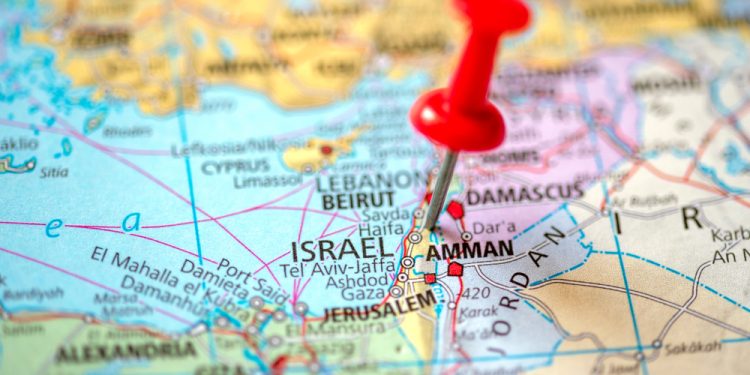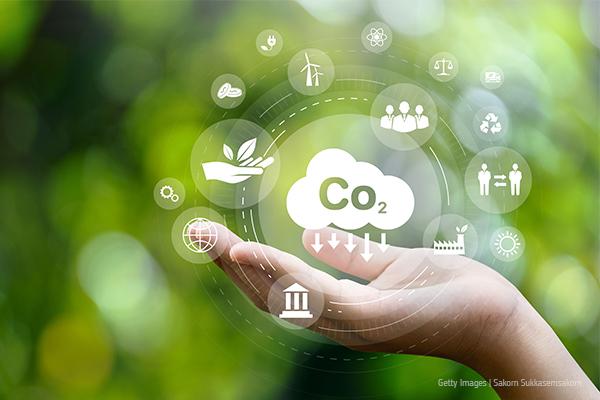The MEPC.107(49) requires a sampling point to be installed in a vertical section of the outlet pipe as close as possible to the 15 ppm bilge separator outlet. There have been several cases where ships have been detained for not complying with this requirement. This technical news summarizes this topic.
Applicability: shipowners, ship operators, ship managers, ship masters and manufacturers.
On Saturday morning, the Hamas militant group launched a surprise attack against Israel, prompting a swift response from the country. The ensuing conflict has now escalated, raising concerns about human life as well as multiple sectors, including the maritime industry.
The implementation timeline for shipping
The EU’s legislative bodies have adopted a revision of the EU ETS directive to include shipping from 2024.
This entails a three-year phase-in period, increasing in scope from 40% of emissions in 2024 to 70% in 2025 and 100% in 2026. It applies to cargo and passenger ships above 5000 GT from 2024 and offshore ships above 5000 GT from 2027. The EU ETS will initially cover carbon dioxide emissions and be widened to include methane and nitrous oxide from 2026. Offshore ship and general cargo ships between 400 and 5000 GT will also be required to report emissions and may be included in the EU ETS at a later stage.




